

I’ve always been an optimist, seeing the glass as half full—yet, it’s taken me years to understand that sometimes, what fills the glass isn’t as important as appreciating that there’s something in it at all.
Please don’t be mistaken to believe that I am telling you to dream less or have small, limited visions for your life. I very much have dreams and visions myself. However, managing your expectations is a powerful strategy for feeling happier by ‘getting the goal posts to stop moving’. In a world where we are constantly told that you can have it all, learning when enough is enough is one of the greatest gifts you can have. Socrates, the classical Greek philosopher, said “Contentment is natural wealth, luxury is artificial poverty.” This quote captures the idea that true wealth comes from being content with what one has, rather than constantly seeking more, which can lead to a sense of lack or poverty regardless of one’s material possessions.
Think about the friends and family in your life who’ve said things like, “I’ll be happy when I get that new car,” or “Everything will be perfect once we buy our first house.” You’ve probably seen their excitement as they reached those milestones. Yet, it seems like as soon as they achieve these goals they set their sights on something bigger or better — a larger house, a more luxurious car. It’s a cycle that might be all too common, where today’s dream quickly becomes tomorrow’s starting point for the next big chase. Isn’t it interesting how our expectations and markers for happiness tend to shift just as we reach them?
For example, I cherish the period between Christmas Day and New Year’s Day—a time that feels like an endless succession of Sundays. In the past, I used to dedicate this time to reflect and craft extensive lists of goals for every aspect of my life for the year ahead. I was a committed over achiever!! Looking back, the mere thought of that exhaustive process overwhelms me! Over the last five years, I’ve consciously simplified my approach. Now, my goals are much simpler: to slow down, to be kinder, and to become more self-aware. These goals may not fit the conventional SMART criteria (specific, measurable, achievable, relevant and time bound), being more nebulous in nature, but they serve as accessible guiding principles that are firmly within my control, independent of external expectations.
I’ve found that keeping expectations simpler, or even a bit on the low side, can actually make you happier. It might sound odd, especially in a culture that’s all about “you can achieve anything if you work hard enough,” but sometimes, simplicity and contentment bring the most joy.
I find that the real challenge in today’s culture, which promises that you can have it all—from perfect bodies and millionaire status to ideal relationships and a life as a digital nomad basking in the sun half the year—is keeping the goalposts from constantly moving. This relentless shifting of goals can lead to perpetual dissatisfaction, as we chase an ever-evolving standard of success that seems always just out of reach.

Comedian Bill Hicks once joked, “The greatest drugs are heroin and a monthly salary,” highlighting how people’s spending habits often increase in correlation as they earn more. This pattern, known as lifestyle inflation, means that even with higher salaries, we might not feel richer because we’re always upgrading our spending and lifestyles to reflect our salary. This cycle can prevent us from feeling financially secure or truly satisfied, despite higher earnings.
This links to the idea that lowering your expectations can lead to greater happiness. Just like controlled spending can make you financially happier, keeping your life goals realistic can prevent the constant dissatisfaction of always wanting more. I strive to appreciate what I have instead of always seeking more as I believe it is an easier road to contentment. This applies not just to money, but also to personal goals and lifestyle choices. However I am aware that I struggle with moving goal posts too.
I’ve definitely been a victim of unrealistic expectations myself, only to face the ensuing disappointment. In school I would set very high expectations for exams and was more often than not disappointed by my grades particularly in reference to my twin brother Steve’s who were usually higher!!
Over 275 years ago, Montesquieu, a French Philosopher, noted that seeking happiness would be simple if we only desired to be happy ourselves. However, our challenge arises because we strive to be happier than those around us, and we often believe others are happier than they truly are.
Everything is relative. Professional tennis player Naomi Osaka said that winning a tournament didn’t make her feel good. “I feel more relieved than anything else,” she stated. The journey felt more fulfilling than reaching my goal, she added. The pressure and expectation it seems took some of the joy out of actually reaching her goal.
I wrote about the importance of embracing your inner child a few weeks ago, highlighting how children are naturally adept at living in the moment with minimal expectations. They find immense joy in simple pleasures and play, effortlessly embodying a mindset many adults strive to regain. This perspective ties into the larger theme of managing expectations. As adults, we often let fancy goals for what we think we need overshadow our appreciation for what we actually have.
The 1950s in the USA are often remembered as a time of great prosperity. However, by almost every standard of living metric, Americans were less well-off then than they are today. The average household income, adjusted for inflation, was around $29,000, compared to $72,000 today. Additionally, the average home size was one-third smaller and typically housed more people.
Despite this, the era had a much narrower wealth gap. Rich and middle-class families often owned similar types of cars, wore the same kinds of shoes, and both saw camping holidays as socially acceptable. Hand-me-down clothes were commonly worn without stigma. This resulted in less comparison among individuals, as most people enjoyed a similar standard of living and salary differences were less pronounced.
I feel like today, our expectations are heavily shaped by the marketing strategies of large corporations and a consumer-centric culture. The advent of social media and the internet might have intensified our tendency to compare our lives to often unrealistic standards set by others. This shift could have fundamentally altered our perception of success and significantly impacted our overall sense of contentment.

I invite you to reflect on where you were 10 years ago compared to where you are now. It’s likely that you’ve made significant progress, even if it doesn’t always feel that way, especially when you find yourself comparing yourself to those you admire or aspire to be. Looking back at my own dreams from a decade ago, I realise that I am, more or less, living many of those dreams today. For example, I remember visiting a organic food supplier of ours in Holland 10 years ago, outside their massive facility was a space for the two owners cars which were electric and charging. I was very impressed. Roll on 10 years later, Steve and my cars are both electric (Toyota Bz4) and are plugged in most days outside our large food production facility. However, I must admit that I haven’t always taken the time to fully appreciate and savour this reality.
To manage my own expectation and goals, I find it is crucial to occasionally pause and truly recognise how far I have come. And I invite you also to consider setting aside some quiet time to reflect on the dreams and goals you had 10 years ago and how they align with your life today. Celebrate the milestones you’ve achieved. This isn’t just about patting yourself on the back; it’s an essential practice in grounding your expectations. Recognising your progress helps give perspective on your current life and future aspirations, allowing you to more fully enjoy the present instead of always chasing the next big thing.
In wrapping up, managing expectations is not about limiting our dreams or settling for less, but rather fostering a mindset that appreciates contentment and the simplicity of life. This approach frees us from the relentless pursuit of more, allowing us to enjoy what we already have. Picture the serenity that comes not just from achieving but from being truly satisfied with the present moment.
I invite you to share your thoughts and experiences in the comments below. How do you balance your ambitions with the pursuit of contentment? What practical steps do you take to appreciate your achievements without constantly seeking more? Let’s exchange ideas and learn from each other how to cultivate a life that celebrates both growth and satisfaction. Your insights can inspire and guide us all in redefining success to focus more on personal well-being and less on perpetual striving.

Our Whole Health Tribe offers you access to 12+ expert-led nutrition and health courses, over 600 plant-based recipes, and a supportive community of 4,000+ members. With our program, you can enhance your well-being by incorporating nutritious meals into your daily routine.
You'll also have access to hundreds of workouts, along with yoga, meditation, and breathwork lessons. These resources promote physical strength, mental tranquility, and emotional resilience, helping you create a sustainable path to overall well-being.


Master the art of plant-based cooking in just 4 weeks. Learn to create quick, easy recipes, inexpensive protein-packed meals, and delicious family favourites.

Discover the secrets of vegan baking with our comprehensive course. From decadent cakes to perfect pastries, learn how to bake delicious dairy free alternatives to traditional desserts.
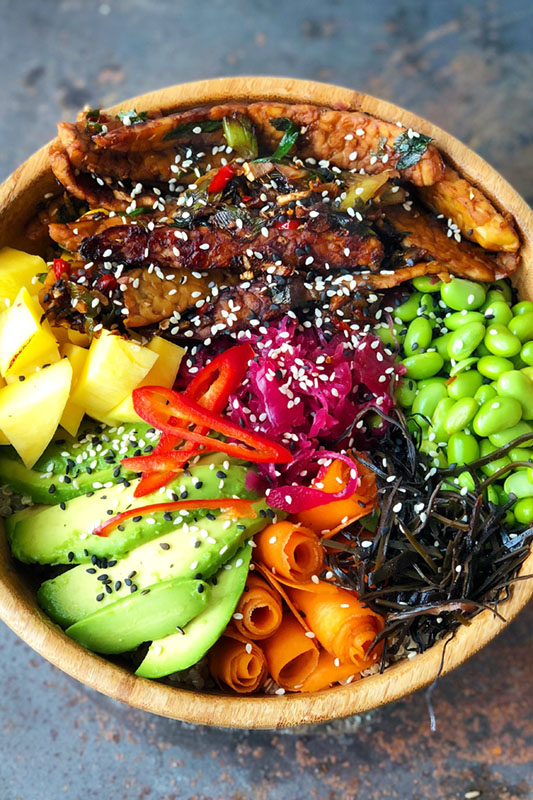
Revolutionise your digestive health with our Gut Health Revolution course, led by Dr. Alan Desmond. Learn to nourish your gut with plant-based, probiotic-rich foods and balanced meals.
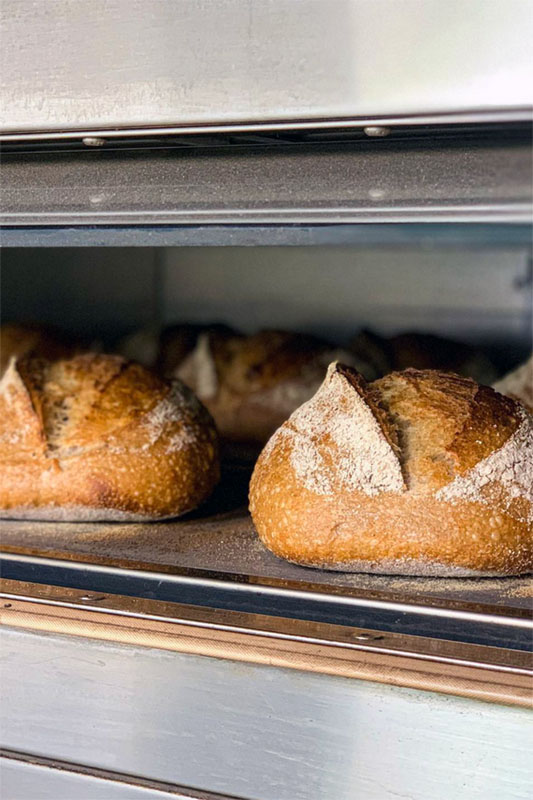
Become a sourdough expert with our hands-on baking course. Learn traditional techniques using organic flours to create delicious, homemade sourdough breads.
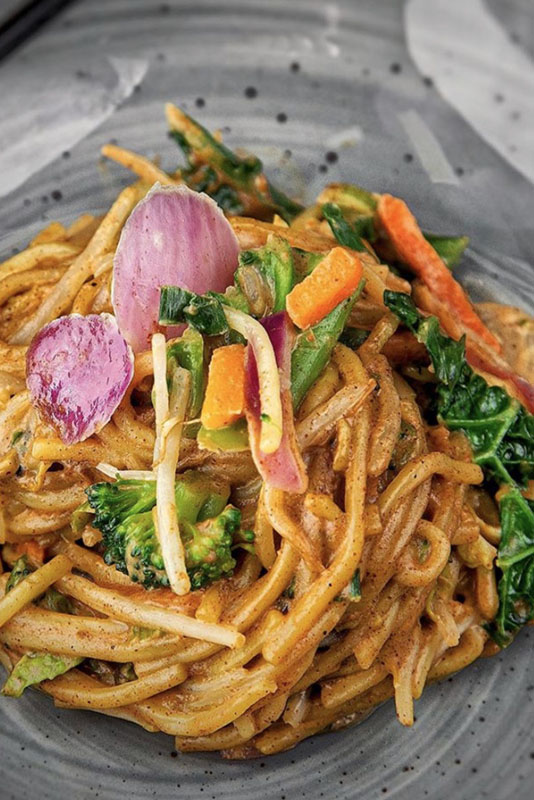
Transform your heart health with our Happy Heart program, led by renowned cardiologist, Dr. Joel Kahn. Enjoy heart-friendly, plant-based meals that are as tasty as they are nutritious.

Achieve your ideal shape with our plant-based Happy Shape challenge. Focus on nutritious, satisfying meals designed to support healthy weight loss.

Navigate menopause with confidence through our Happy Menopause program, led by Consultant Gynaecologist Dr. Nitu Bajekal. Discover plant-based nutrition and lifestyle tips to manage symptoms naturally.

Improve your sleep quality with our Happy Sleep challenge. Learn the key to restorative sleep & explore plant-based foods and relaxation techniques to ensure restful nights.

Enhance your mental well-being with our Happy Mind program. Discover plant-based foods and practices to boost mood and cognitive function.

Achieve glowing skin from within with our Happy Skin program. Focus on plant-based nutrition and skincare practices to improve your complexion.
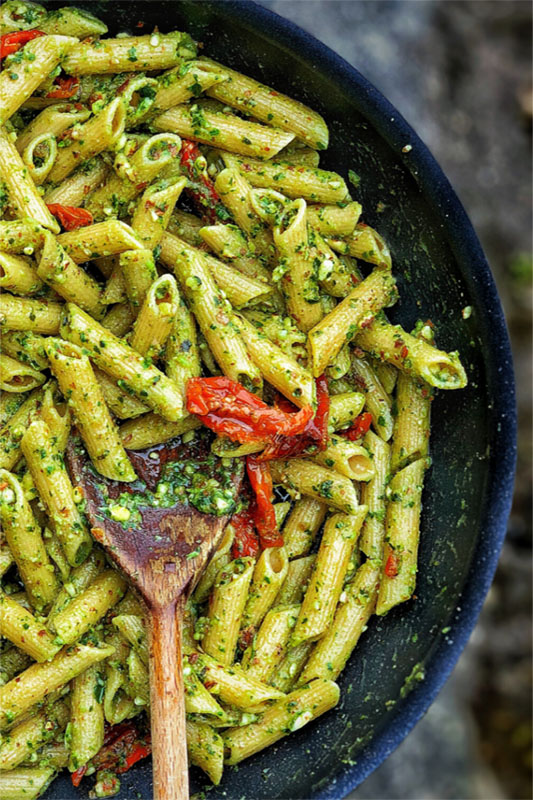
Simplify your evening meals with our Quick Easy Dinners course. Learn to make delicious, plant-based dinners in no time.

Find balance and tranquillity with our Grounding Into Grace yoga course. Explore gentle yoga practices and mindfulness techniques to cultivate harmony and inner peace.
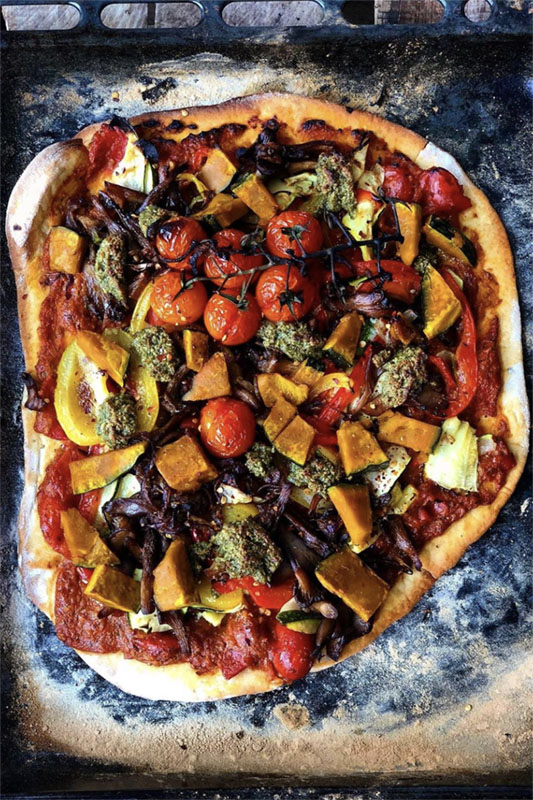
Whether it's summer sizzlers or making your holiday season special with Masterclass series. Watch this space for themed master classes with plant-based dishes that will delight your family and friends.
I have become very very good at not comparing myself to anyone . Which has bring me so much Peace .
Thank you so much for the work you do.
Writing your thoughts feeds my mind AND since COVID I try to ensure I remember – parts of our body can’t be disconnected.
As children do – we too have need for clean water,clean food, shelter, clean air.
COVID reminded me to focus on what I can do. I started to create MORE that I could give away. I create as a purpose.
Simple 15 min walk in AM and PM.
Cook and eat healthy .Journal and play with my grandchildren who make lists of fun things we can do – and we do them
Visit restaurants once a month perhaps where I have my fav meal to order.
I work on creating a family cookbook with stories.
The simple life.
Take good care.
Wilma B
Such a beautifully written blog Dave, that truly captures the beauty in simplicity and appreciation. The piece about always striving for more particularly resonated with me as an overachiever perfectionist! Thank you 🙂
You really have hit the nail on the head with this message Dave and it’s just brilliant!! Thoroughly enjoying Happier, so thank you, all the way from Perth, Australia!!
Hi Dave,
I absolutely love hearing from you. I agree: simple things and contentment are best. I accomplish this by doing Qi Gong every morning and following Quantum health and circadian rhythm, it’s amazing how instantaneous the results can be!
Looking forward to your next wise newsletter.
Respect and gratitude always!
Martine ( a frenchie living in California)
Beautiful blog sorry I missed out on your last one. I’m still grieving for my friend, this gives me time to sit and not think too much, as you said this time is mine to do what suits me thank you for your thoughts.